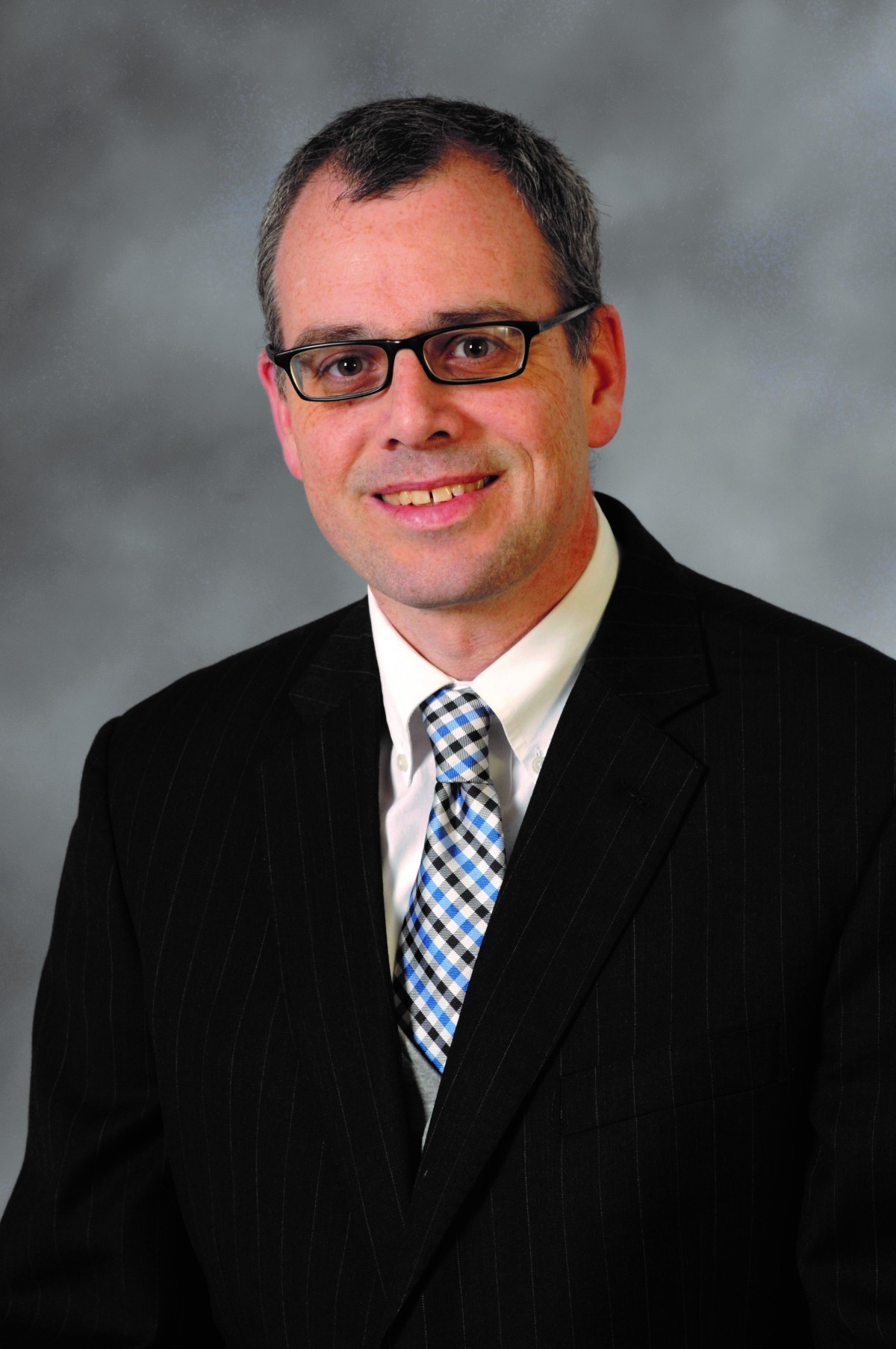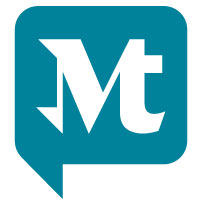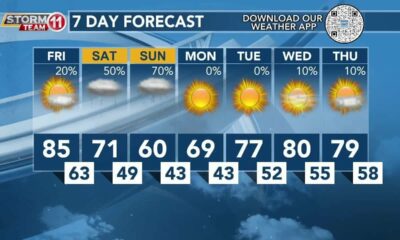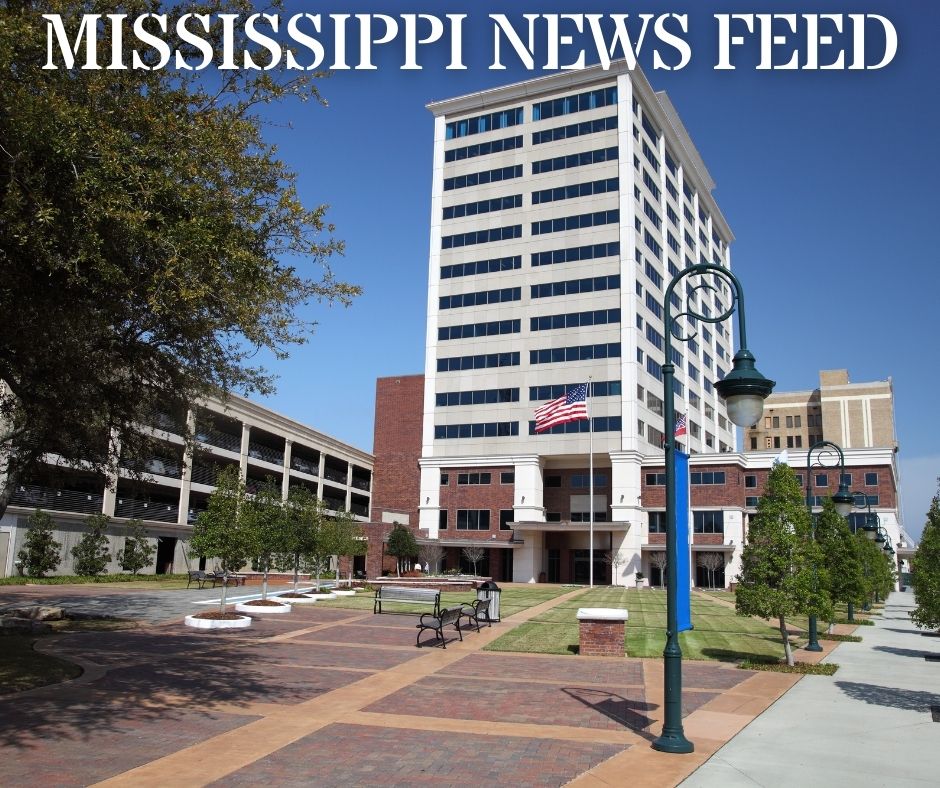Mississippi Today
IHL names Daniel J. Ennis next president of Delta State
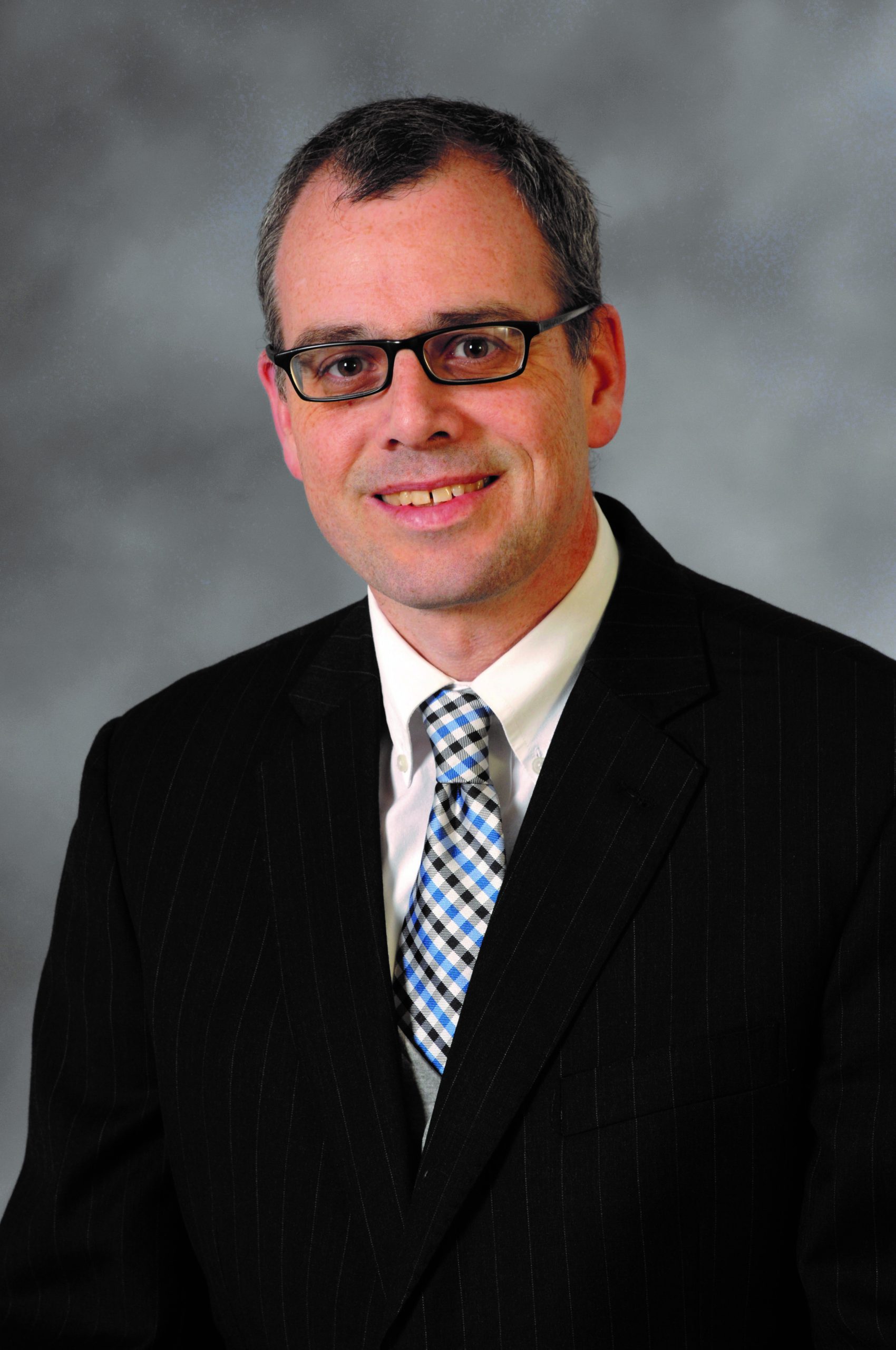
IHL names Daniel J. Ennis next president of Delta State
The Institutions of Higher Learning Board of Trustees has selected a new president of Delta State University following a nationwide search.
Daniel J. Ennis will be the ninth president of the regional college in Cleveland, a small town in the Mississippi Delta. He is currently serving as the provost and executive vice president of Coastal Carolina University in northeastern South Carolina, a position he worked up to after starting there as an assistant professor of English in 1999.
In recent years, the board has made it a priority to hire alumni to lead Mississippi's universities. Ennis, who has degrees from colleges in the Carolinas and Alabama, is the first non-alumnus to be selected to lead a state university since 2017. At listening sessions last year, the Delta State community was split on if its next president should be an outsider or an alumnus.
“As I have learned more about the university, the Delta region, and the state of Mississippi, I have been inspired by the history, culture, and resilience of the people with whom I will soon work and live,” Ennis said in a press release. “I am committed to helping Delta State University continue to thrive, and my wife and I look forward to becoming members of the community.”
His tenure will begin June 1. It was not immediately clear how much Ennis will be paid, but Delta State's interim president, E.E. Butch Caston, is making $300,000.
The search for a new president at Delta State began after the board suddenly let go William LaForge, the university's eighth president, due to declining enrollment and financial metrics.
LaForge's tenure saw repeated budget cuts. In the last eight years, enrollment has plummeted at Delta State faster than at any other public university in Mississippi. Headcount has dropped 29% percent since 2014, with just 2,556 students enrolled this year
READ MORE: Delta State has an enrollment problem. So far, no one's been able to solve it.
In a press release, IHL touted Ennis's success in boosting first-year retention and enrollment at CCU and his ability to bring in financial resources.
“Dr. Ennis is also experienced and accomplished in friend- and fund-raising,” the press release reads. “He connects donors, faculty, and the community and helps them to see the potential in the institution by articulating how their resources can transform lives.”
Ennis had served as the president of CCU's chapter of the American Association of University Professors, a membership-based organization that advocates for faculty. This goes to show that Ennis “understands how shared governance strengthens the university and helps a wide variety of campus community voices to be heard,” the press release notes.
Ennis is also involved in a restructuring of CCU that led to the creation of the Conway Medical Center College of Health and Human Performance in 2021.
“His long tenure there demonstrates how beloved he is by the campus community,” Teresa Hubbard, an IHL trustee and Delta State alumnus who chaired the board's presidential search community, said in a press release. “His academic credentials, administrative skills, student-centered focus, and ability to connect students, faculty, alumni and the community make him a great fit for the university.”
It was not clear how many applicants the board received or the number of finalists interviewed by trustees. Many aspects of IHL's presidential searches are confidential.
This article first appeared on Mississippi Today and is republished here under a Creative Commons license.
Mississippi Today
Look for the “why” when engaging in disagreement
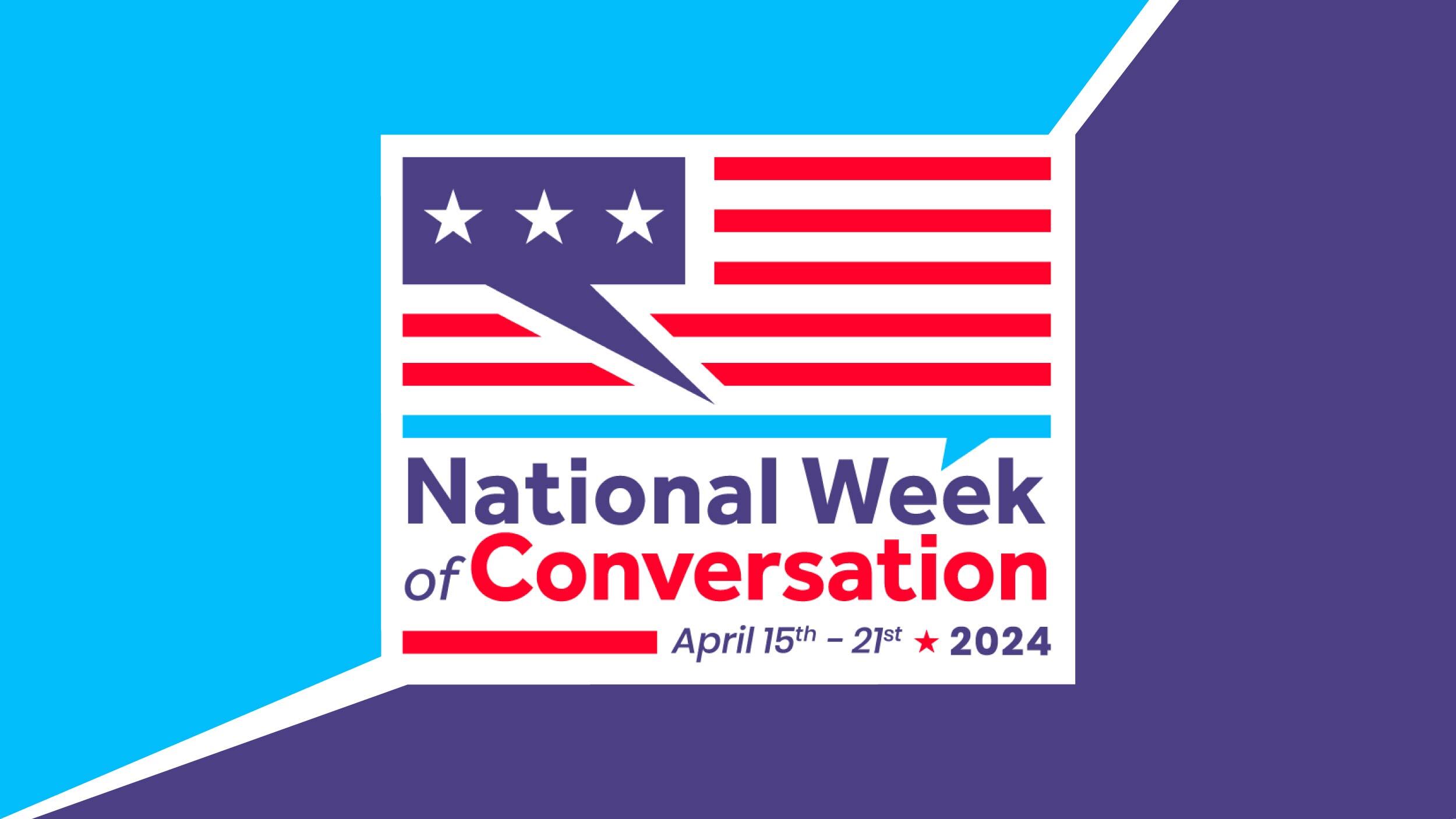
“Bought sense is better than borrowed sense” lives in my memory, rent-free. I've always cringed at it because, at every stage of life, some lessons have been costly to learn.
At the Alluvial Collective, we show up to the office, on the screen, or in a community with one overarching challenge: to create or deepen the connections that will support collective thriving. That is our “For what.” We get to show up with wisdom purchased over our organization's last 25 years of work and with wisdom borrowed from many generations and traditions. In most traditions, self-reflection and stories reveal the path to where we should go and how we should travel.
As you engage in the National Week of Conversation, here are a couple of stories and a few thoughts to help you show up for each other, our communities, and our country.
What Do You Need
The first story emerges from a book called “Getting To Yes,” about negotiating.
Two people were arguing over an orange, and after some time, they decided to split it in half, feeling that equal parts were fair, like in elementary school. Before splitting the orange, they never asked each other the reason the other wanted it. As it turns out, one wanted the orange peel to flavor a cake, and the other wanted the orange's “meat” to eat.
In another story, an arriving house guest is deeply offended by their host's demand that they remove their shoes upon entering their family home. The visit goes off the rails and probably off the porch, too.
Each of these stories reminds you of tensions and dilemmas that are all too familiar in our families, towns, and – for me – our leadership discourse. We have notions about what the other person, or people, want, but at critical points, we need more humanizing insight into what makes it essential to them.
The Cost of Wisdom
In the second story, the home's foyer had a large rug on its floor that had been in the family for generations. Understanding that, I would have offered to remove my shoes.
We benefit from being curious about the interests, the “for what” the other person engages with, rather than just the “what” or their position. It may seem inefficient, but it pales compared to the value curiosity brings to relationships. Good relationships are win-win; our team leans on telling and hearing stories to build relationships. They are the wellspring of “for whats” and “whys.”
The truthful stories that your neighbor or coworker tells to you and themselves comprise reality as they see it. Your stories teach your in-laws and teammates history from your the learned or experienced vantage point. Dialogue and stories make our actions and attitudes make sense. This is where trust begins to form.
Dialogue over Debates and Diatribes.
As you begin your week, remember that how we engage matters as much as why. Diatribes and speeches don't make us good neighbors, and debates require someone to lose. We like authentic connections and hearing familiar themes in the stories of others. This week, open and honest dialogue is the strategy; to thrive together should always be the goal. We've paid too much for everything else.
Talk more; proclaim less. It's one of our mottos here at The Center for Practical Ethics (TCPE). Put another way, we might say our goal is to foster conversations rather than diatribes. This task is more difficult than most realize. What we know as ethicists is that merely having conversations isn't enough. There's a wide variety of skills needed for fruitful dialogue to take place, and some are harder to come by than others.
The ideal conversation partner is curious and humble, able to actively listen, knowledgeable about his or her own positions, familiar with basic principles of logical argument, charitable when interpreting claims, and—most importantly—willing to be wrong. Our work centers around equipping students with these skills and helping them navigate the complex ethical issues within our society's most contentious disagreements.
This year, National Week of Conversations (NWoC) coincided with Ethics Week here at the University of Mississippi (UM). Many of our events are conversation-based because dialogue is the best way to evaluate the ideas of others and open ourselves up to new information and interpretation of facts, while gaining a better understanding of our own views.
Two of our events in particular are worth examining more closely to see why NWoC and the work we do at TCPE are critical for sustaining civil society and the myriad public goods we all take for granted. First is our signature Just Conversations event. Students are placed in small groups and given a couple of ethical dilemmas to discuss. Trained student moderators guide the discussion to point out important aspects of the dilemmas, such as logical fallacies, analysis of stakeholders, ethical concepts and assumptions, and varying methods to achieve goals. Students often discover they agree with others—on the dilemma outcome and the details—far more than they expected.
Second, we have invited free speech scholar Sigal Ben-Porath to give a talk about her new book Cancel Wars: How Universities Can Foster Free Speech, Promote Inclusion, and Renew Democracy. Ben-Porath contends that universities are laboratories of democracy where students must learn to engage with disagreement. If the university is to be a place where truth is discovered, it must take seriously its historic social and educational obligation to train students in the skills needed for civil discourse and critical thinking. Her work is especially relevant in our ever more polarized times.
What these events demonstrate is that conversations—that is, engaged and fruitful conversations—must take place at all levels. Students must learn to talk to students just as much as faculty must learn to talk to faculty and administrators to administrators. What's more, these groups must talk to each other because while each of us have a role within academia (faculty, staff, student, dean, vice chancellor, etc.), we are also all citizens who work and live together.
Policies must be made, votes cast, businesses founded, churches attended, friendships established, and life lived. TCPE focuses on the skills of civil discourse by providing opportunities to cultivate those skills through Ethics Week, and highlights conversations that ask us to reflect on the role of universities as part of the NWoC.

Join the conversation.
Join us at Noon on Friday, April 19 for a VIRTUAL lunch and learn session exploring tools to make us better listeners, and in turn, better equipped to engage in meaningful conversations across differences.
The session will be led by Dr. Graham Bodie, professor and Interim Chair of the Department of Media and Communication in the School of Journalism and New Media at the University of Mississippi.
This event is free and open to the public. Register to receive more information.
This article first appeared on Mississippi Today and is republished here under a Creative Commons license.
Mississippi Today
On this day in 1977
April 19, 1977

Alex Haley was awarded a special Pulitzer Prize for “Roots,” which was also adapted for television.
Network executives worried that the depiction of the brutality of the slave experience might scare away viewers. Instead, 130 Americans watched the epic miniseries, which meant that 85% of U.S. households watched the program.
The miniseries received 36 Emmy nominations and won nine. In 2016, the History Channel, Lifetime and A&E remade the miniseries, which won critical acclaim and received eight Emmy nominations.
This article first appeared on Mississippi Today and is republished here under a Creative Commons license.
Mississippi Today
Q&A: Explaining the health care coverage gap
Lawmakers and advocates regularly refer to Mississippians without health insurance who are in the “coverage gap.” But what is the coverage gap, why does it exist and how does it relate to Medicaid expansion?
Medicaid is a federal-state program that provides health coverage to millions of people in the U.S., including low-income adults, children, pregnant women, elderly adults and people with disabilities. States administer the program, which is funded by both states and the federal government. Mississippi participates in the traditional Medicaid program, but the Legislature is debating two differing proposals that would expand Medicaid.
The coverage gap refers to a certain group of uninsured people in states that have not expanded Medicaid under the Affordable Care Act, the federal health reform law enacted in 2010 under the Obama administration. The law sought to make health insurance affordable and accessible to more people and provides subsidies that lower costs for households with incomes between 100% and 400% of the federal poverty level, or between $18,210 and $72,840 in annual income, respectively, for an individual.
The Affordable Care Act also expanded Medicaid eligibility to adults under 64 years of age with income up to 138% of the federal poverty level – or $20,782 annually for an individual in 2024. But a U.S. Supreme Court ruling in 2012 made expansion optional, creating the “coverage gap” in states that did not opt to expand the federal-state program.
What is Medicaid?
What is the coverage gap?
Why does it exist?
In Mississippi and the nine other states that have not expanded Medicaid, there is a gap between people whose income is not low enough to qualify for non-expanded Medicaid but less than 100% of the federal poverty level, or about $15,000 a year for an individual, to qualify for subsidized insurance through the federal marketplace. To qualify for Medicaid in Mississippi under current regulations, one's household income must be less than 28% of the federal poverty level, or a mere $7,000 annually for a family of three. Non-disabled childless adults are not eligible for Medicaid unless they have another qualifying condition.
How many people fall into the coverage gap?
Roughly 74,000 Mississippians fall into the coverage gap, according to a recent KFF study. Nationally, the number is 1.5 million people.
What is Mississippi's uninsured population?
Mississippi had one of the highest uninsured rates among working-age people in the country in 2022 at 16.4%, according to the U.S. Census Bureau's American Community Survey.
Are people in the coverage gap employed?
In 2019, of the 178,000 uninsured Mississippians making below 138% of the poverty level, the majority – nearly 61% – were either working or looking for work. Many of those not in the labor force are unable to work due to a mental health or medical condition; lack of transportation; caring for a family member or recent incarceration, among other circumstances. More recent years' data has been skewed because of the COVID-19 pandemic and extended Medicaid coverage for people who would not have otherwise been eligible.
Nationally, according to KFF, the most common jobs of people in the coverage gap are cashiers, cooks, waiters-waitresses, construction/laborers retail salespeople and janitors.
What keeps businesses from offering health insurance to its employees or from offering it with reasonable deductibles?, according to Hilltop Institute at the University of Maryland, Baltimore County
Larger employers – those with over 50 employees – are required to offer health insurance to their employees or pay a penalty. For smaller employers, offering health insurance is not mandatory. And because it is often more expensive, smaller employers will offer benefits with higher deductibles and copays in order to reduce their own expenses. So those employed at a small business either may not have the option of health insurance or may choose to opt out because of cost.
Nearly 69% of private businesses in Mississippi employ fewer than 50 employees, according to the Agency for Healthcare Research and Quality. It's up to 95% when public employees are included, according to Hilltop Institute at the University of Maryland, Baltimore County.
How many people would the House and Senate plans make eligible for Medicaid, and how many of those are in the coverage gap?
The House plan – which is traditional expansion under the Affordable Care Act and would make Mississippi eligible for hundreds of millions of federal dollars – is estimated to cover 200,000 Mississippians. That would include people in the coverage gap and others.
The Senate plan – which is not traditional expansion and does not qualify the state for the federal match – would insure about 40,000 Mississippians. This would include only people in the coverage gap, or only those making up to 99% of the federal poverty level.
This article first appeared on Mississippi Today and is republished here under a Creative Commons license.
-
Mississippi News5 days ago
Mississippi will soon be bombarded with cicadas
-
SuperTalk FM4 days ago
4 tornadoes touched down in Mississippi during latest round of severe storms
-
SuperTalk FM2 days ago
Chance of parole denied for man who killed 3 Choctaw Indian tribal members
-
SuperTalk FM5 days ago
2 Jones County correctional officers arrested in smuggling bust
-
Mississippi News7 days ago
Columbus schools may see needed upgrades with bond issue
-
Local News5 days ago
Almost 3,500 Mississippi Veterans have enrolled in VA health care in past 365 days, 28% increase over last year
-
Kaiser Health News2 days ago
To Stop Fentanyl Deaths in Philadelphia, Knocking on Doors and Handing Out Overdose Kits
-
SuperTalk FM4 days ago
Amazon project in Madison County to be over $10B, create more jobs than projected: report
